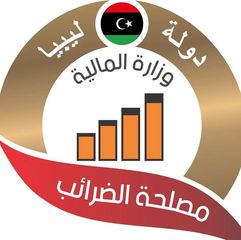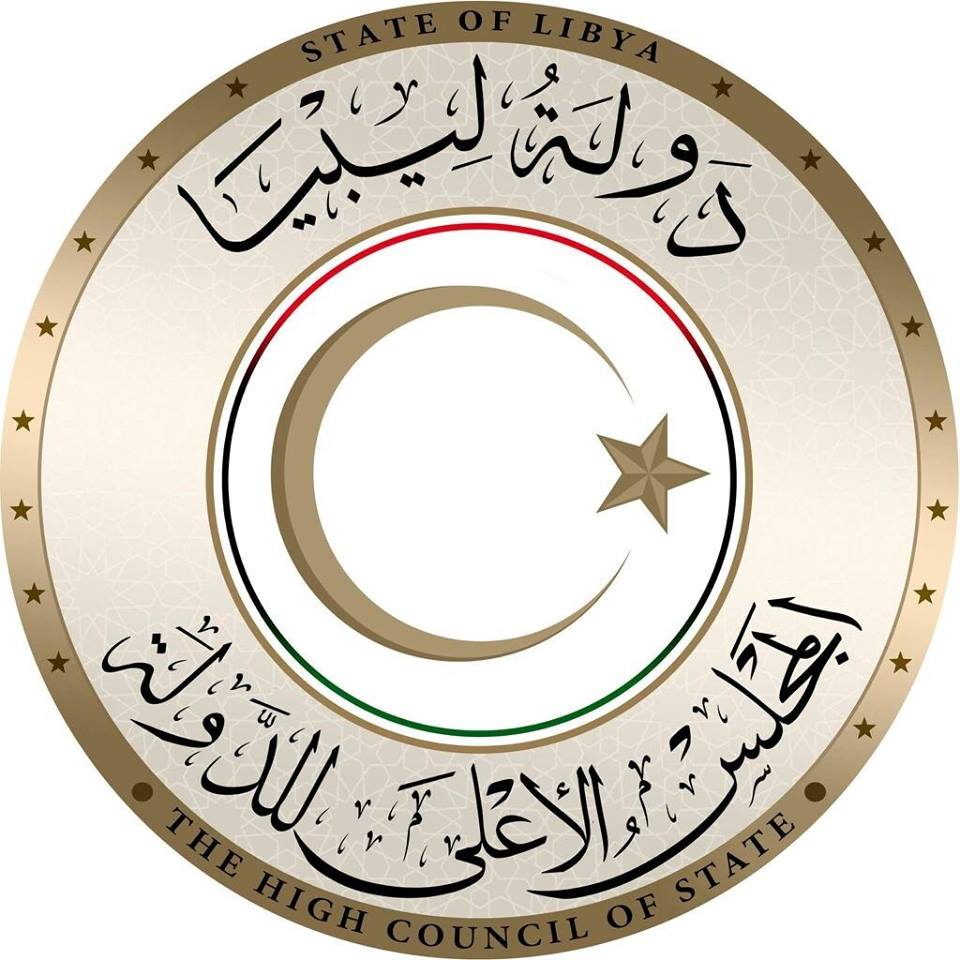By Sami Zaptia.
Tripoli, 6 June 2013:
Speaking at the third day of MEED’s “Libya Projects 2013” conference in Tripoli yesterday, Assistant Deputy . . .[restrict]Minister of Telecommunications Atef Al Bahri said that his Ministry were working on four main issues
Firstly, they were working on a new Telecommunications law that would allow the private sector to compete in the telecoms sector.
He said that the first draft of the law had been finished in March and that it had gone to public consultation. He further added that it was in the final stages before being referred to the GNC for enacting into law.
Secondly, he explained that his Ministry were working on the securing of national networks and thirdly on enhancing these networks.
The fourth main objective of the Telecommunications Ministry Al Bahri revealed was the restructuring of the Ministry. This will include the re-evaluation of employees and putting in place a training programme to reduce bottlenecks and bureaucracy.
Al Bahri also explained that they were developing e-services and cyber security to protect the telecoms sector.
With regards to the two mobile phone operators, Al Madar and Libyana, Al Bahri said that they are working on increasing and improving their services.
This equally applied to the dominant state internet service provider LTT, which is launching its wireless internet service (WIMAX) phase two project providing service to 100,000 new users in 100 new towns and cities.
Regarding licences to the private sector, Al Bahri said that 25 ISP, 23 VSAT and fleet tracking licences to new providers were granted.
Regarding the state dominance of the telecoms sector in Libya, Al Bahri admitted that there was “no real competition” in the sector since the eight main telecoms companies in the sector were owned by the state. [/restrict]







